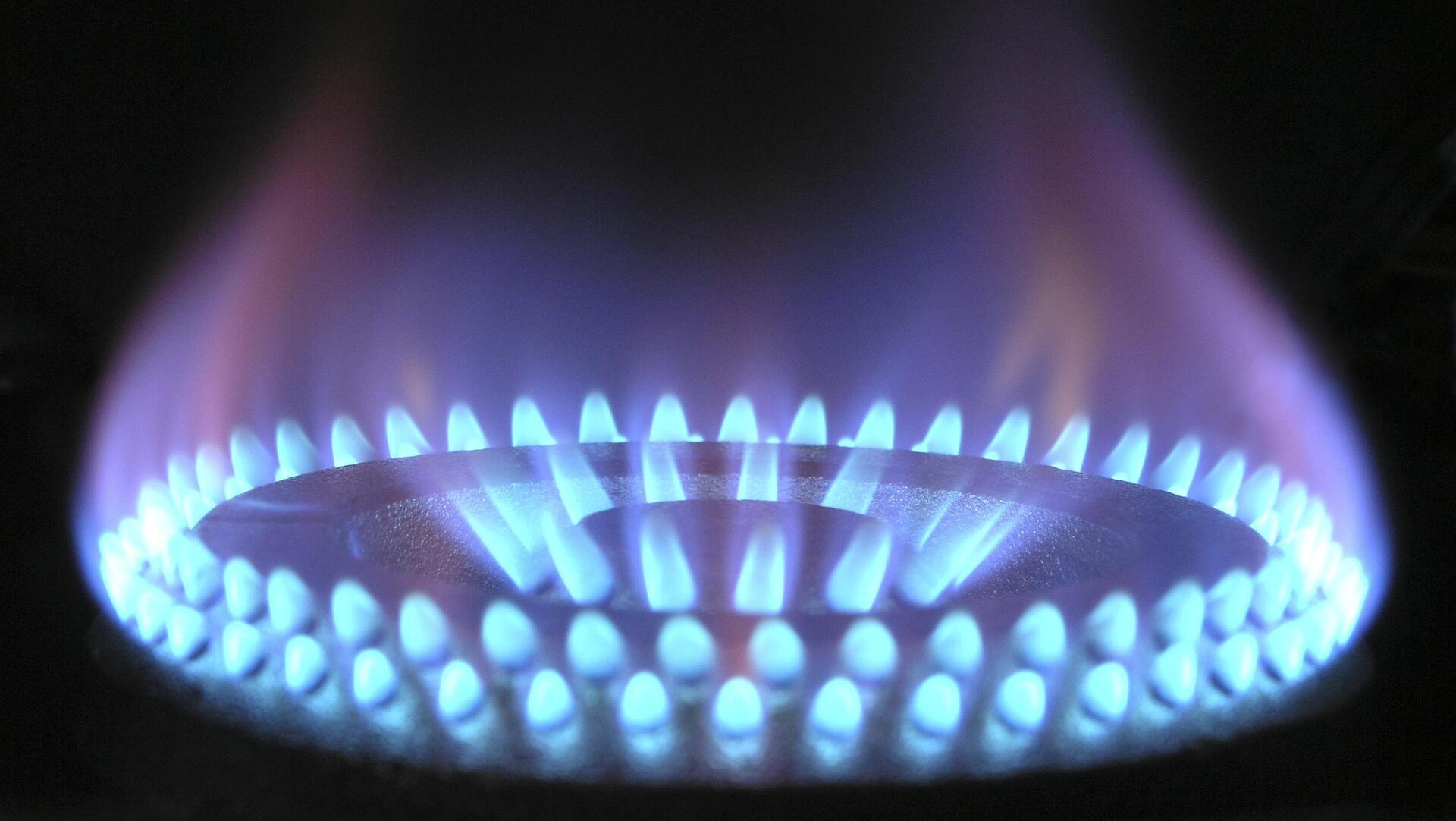Woodside (ASX: WDS) CEO Meg O’Neill delivered some home truths to the Victoria government yesterday when she used an address to the Melbourne Mining Club to blame the sorry state of gas supply on the state’s decade-long intransigence over fossil fuels.
The boss of Australia’s largest natural gas producer believes the state’s pending gas shortage can be directly attributed to the state’s caustic attitude toward fossil fuels which also saw the state ban gas from new homes.
Up until very recently, gas development and exploration was banned in the state of Victoria.
After years of drilling restrictions left the south-eastern states without sufficient new gas to offset dwindling supplies from Victoria’s Bass Strait, O’Neil claims it’s simply too late to prevent an energy bill blowout.
When it comes to LNG, Australia is the tale of two different narratives: For example, while Qld and WA are exporters of liquefied natural gas (LNG) overseas, Victoria, NSW and South Australia are heading for a domestic gas shortage within three years or sooner unless drastic measures are taken.
More gas supply supports - not undermines - the transition
What the Victoria Labor state government has taken too long to realise, adds O’Neil is that it needs more gas supply to support the transition to renewables.
She compares Victoria to New Zealand where inadequate gas reserves and low hydro generation led to power prices shooting through the roof last year.
Meanwhile, new research by Moody’s suggests wholesale power prices could rise by as much as 35% over the next 10 years.
While price increases have already resulted in manufacturing plant closures across the state, O’Neil expects Victorian manufacturing and industry to continue declining.
“You just have to look at New Zealand as kind of a window on Victoria’s future: they’ve had a significant energy crisis because they shifted away from gas, and now they’re desperate to get more thermal energy into the market to support power generation and obviously support renewables,” Woods told the media yesterday.
Too little too late
While the Allan government appears hell bent on fast-tracking new projects to alleviate pending market pressures, O’Neil concluded that the initiatives were too little too late; with the approval process taking too long to bring new supply online any time soon.
While no eastern state is immune from (gas) shortfall risks and price spikes, Victoria – where 2 million-plus households and businesses use gas heating - is the most exposed.
“It is really puzzling, though, that the state that was built on the back of oil and gas is now at a stage where due to political reasons… ideology has stood in the way of sensible energy policy here in Victoria,” O’Neill told the Melbourne Mining Club.
While O’Neill said Woodside would consider its options of exploring Victoria, she was quick to remind the state that there are other places where the group can invest its money.
Woodside is one of the biggest suppliers of domestic gas on the east coast through its half-share of the Exxon-led Gippsland Basin gas venture. However, as a mature asset output from this asset is in decline.
The Australian Energy Market Operator expects the shortfall in gas to hit Australia’s east coast by 2028 at the very least and at the earliest this winter.
Fourth quarter failed to impress
Meanwhile, Woodside's share price continued to lose ground late January after posting a 6% year-on-year decline in fourth quarterly revenue to $3.47 billion.
Production for the three months was 51.4 million barrels of oil equivalent (MMboe), down 3% from the previous period.
The company attributed lower revenue and production to lower seasonal demand at Bass Strait, with production levels also impacted by an unplanned shutdown at Woodside's Pluto project.
However, positive takeaways from the group’s 4Q results included the Sangomar project producing 75 thousand barrels of oil equivalent per day (Mboe/day).
As a result, the group achieved record 2024 calendar year production of 194 MMboe, at the high end of Woodside's full-year production guidance range.
"Our high-quality assets continued to deliver outstanding performance in the quarter, underpinned by Sangomar producing 75 thousand barrels of oil equivalent per day at 95% reliability, driving record annual production of 194 million barrels of oil equivalent," O'Neill said.
At the end of the quarter, Woodside's Scarborough Energy project was 78% complete, while its Trion project was 20% complete.
Woodside’s market cap is $46.8 billion making it the 11th largest stock on the ASX; the share price is down 23% over one year.
The group’s shares appear to be in a near-term rally within a long-term bearish trend.
Consensus is Moderate Buy.
This article does not constitute financial product advice. You should consider independent advice before making financial decisions.



